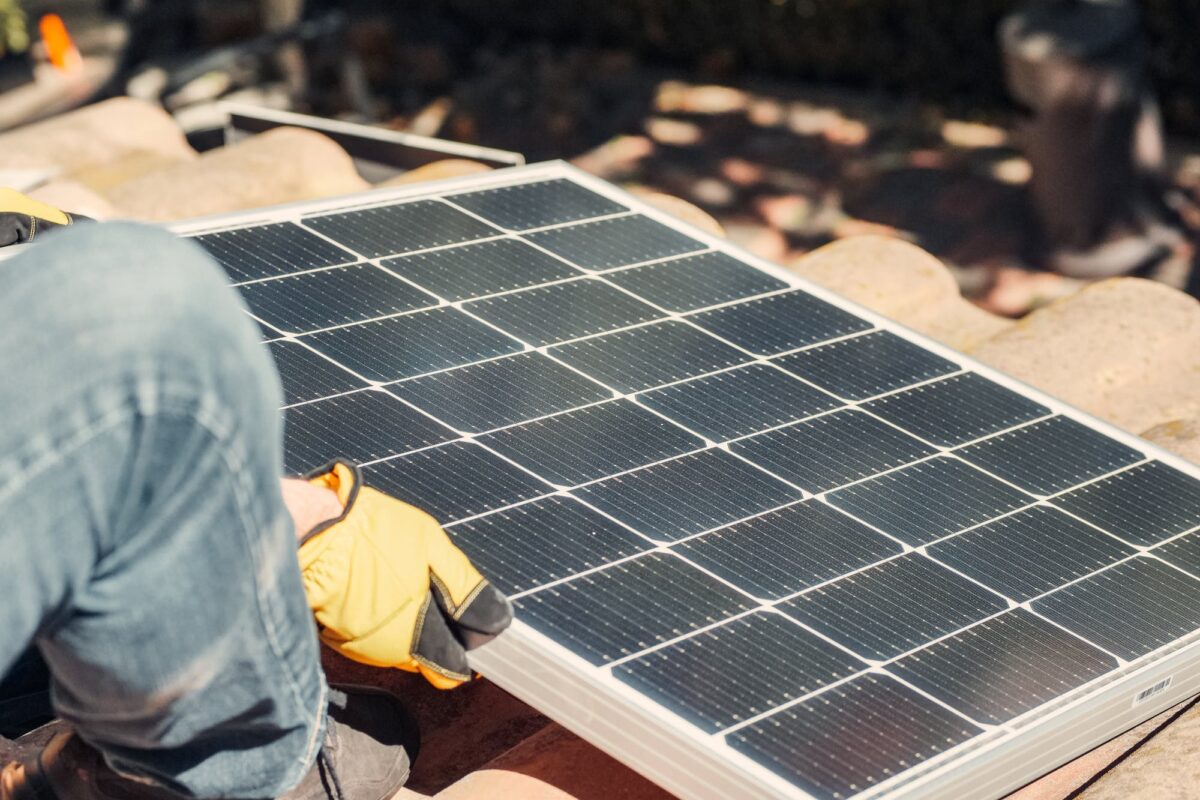Among the many changes to U.S. energy policy in the first days of the second Trump Administration, one that is highly anticipated by the renewable energy industry is the potential cuts to tax credits created by the Inflation Reduction Act (IRA) of 2022.
The IRA includes tax credits for the installation of renewable energy projects like solar and energy storage of every size from a home rooftop installation to a large utility-scale solar facility. It also offers tax credits to U.S. manufacturers of clean energy components like solar modules, electric vehicle batteries and more.
According to the U.S. Treasury and Rhodium Group, over $380 billion in private investments have been announced since the IRA was passed, indicating its success as an economic driver. These investments include $114 billion for solar, $77 billion for battery manufacturing and $66 billion for energy storage.

The Department of Treasury said these investments are expected to support 1.5 million jobs over the next decade, based on analysis by the Labor Energy Partnership. An economic activity tracker provided by E2 shows the impact in each state.
The Trump Administration is expected to make cuts to IRA tax credits, and while analysts say a full repeal is unlikely as it needs support from Congress, key provisions appear likely be stripped out in the next budget reconciliation process.
In testimony to the Ways and Means Committee, Rep. Kim Young, California advised Congress to “use a scalpel and not a sledgehammer when thinking about which tax credits to repeal.”
It remains unclear whether the “scalpel” or “sledgehammer” will be used, but strong IRA economic benefits in Republican districts may safeguard the credits from a sledgehammer approach.
Analyst E2 tracks IRA funding, noting that about $110 billion in investment has been announced in Republican districts, leading to an estimated 83,000 jobs. This dwarfs the investment in Democratic districts with about $19 billion in investment leading to about 28,000 jobs.

The IRA was developed this way intentionally, in part to ensure that jobs are created in districts that historically rely on fossil fuel production for economic growth, and in part so that benefits in Republican districts make repealing the law unattractive.
This method appears to have had some level of success. Last August, eighteen members of the U.S. House of Representatives requested that Congress retain IRA funds.
“A full repeal would create a worst-case scenario where we would have spent billions of taxpayer dollars and received next to nothing in return,” said a letter to House Speaker Mike Johnson.
Now, at least eight more Republican House members have voiced support for retaining IRA tax credits, citing job growth.
The following is what Republican House members are saying in official testimony to the Ways and Means Committee:
“I ask that you proceed with caution when looking to address provisions of the IRA that have incentivized the onshoring of the future of automotive jobs, which brought billions of dollars in U.S. investments and thousands of jobs created right here,” said Rep. John James, Michigan. “While the bulk of the IRA is damaging policy, we must not neglect the sector-wide energy tax provisions that manufacturers and job creators in my district rely on. We stand to lose too many American jobs.”
Rep. Marinette Miller-Meeks, Iowa, highlighted five tax credits she described as “driving transformative investments in American energy.” The Representative recommended retaining the Clean Fuel Production Credit (45Z), the Advanced Manufacturing Production Credit (45X), the Carbon Oxide Sequestration Credit (45Q), as well as the 45Y and 48E clean energy Production Tax Credit and Investment Tax Credit.
“I believe any changes should be targeted and balanced, not sweeping repeals that would jeopardize our economic and security gains,” said Rep. Miller-Meeks.
“I ask that you proceed with caution when addressing provisions that have incentivized the onshoring of technology and manufacturing, resulting in billions of dollars in U.S. investments and thousands of jobs both throughout my district and across the country,” said Rep. Erin Houchin. “Upending these incentives could have severe economic consequences if not approached thoughtfully.”
This content is protected by copyright and may not be reused. If you want to cooperate with us and would like to reuse some of our content, please contact: editors@pv-magazine.com.









By submitting this form you agree to pv magazine using your data for the purposes of publishing your comment.
Your personal data will only be disclosed or otherwise transmitted to third parties for the purposes of spam filtering or if this is necessary for technical maintenance of the website. Any other transfer to third parties will not take place unless this is justified on the basis of applicable data protection regulations or if pv magazine is legally obliged to do so.
You may revoke this consent at any time with effect for the future, in which case your personal data will be deleted immediately. Otherwise, your data will be deleted if pv magazine has processed your request or the purpose of data storage is fulfilled.
Further information on data privacy can be found in our Data Protection Policy.